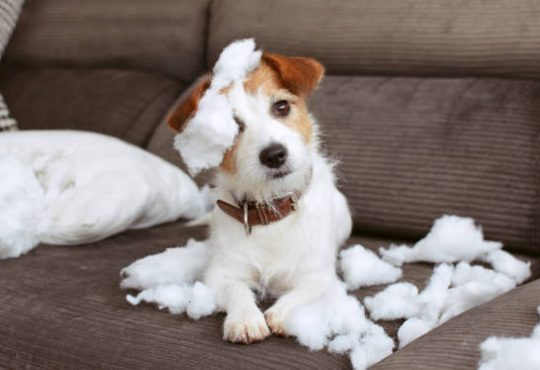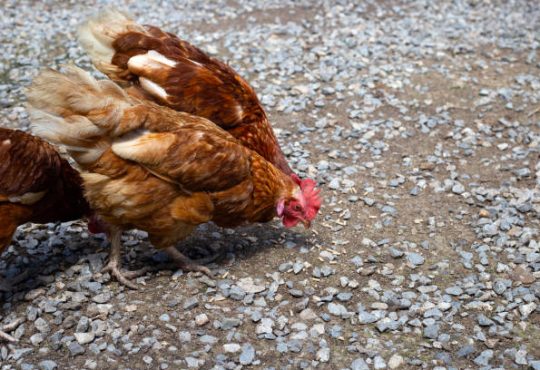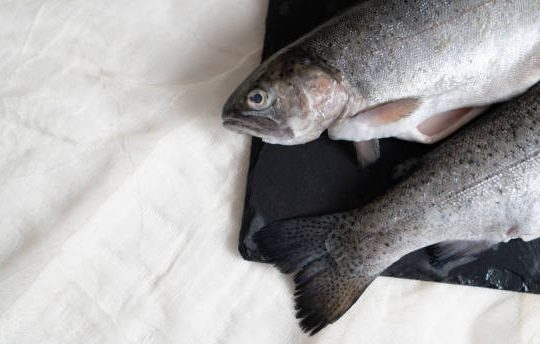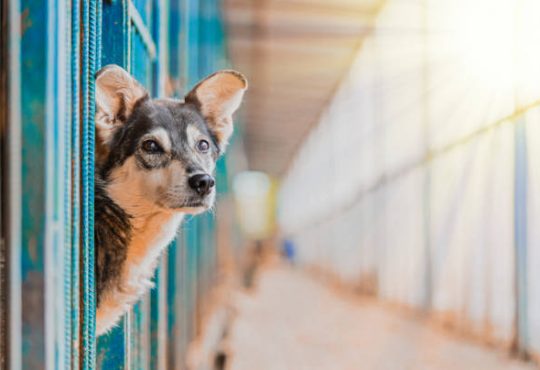
Cat Diarrhea: When is it Serious and How Do I Stop It?
The most prevalent issue in veterinary medical care is gastro (GI) upset or diarrhea. It is based on the way your cat lives. It is possible that you will not be aware of her habits in the bathroom. Additionally, cats are very meticulous when grooming, so the distinctive (or tell-tale) indicators of diarrhea can be missed, particularly in the beginning stages. This is why routine vet visits are essential.
If you observe that your cat is vomiting between visits, what might be the reason? Do you need to seek advice from your vet? What are the options at home? We’ll go over these questions here.
What are the reasons for cat diarrhea?
It would be a lengthy list if we looked deep into every cause that may make your pet develop loose stools. Here are a few general categories:
- Parasites The parasites are known to irritate the cat’s stomach, which can cause all sorts of diarrhea in the bowels, both large and small. Many parasites that can cause diarrhea are more frequent in young kittens.
- Diseases(HTML0) Infections Infections caused by viral or bacterial illnesses can cause diarrhea and are more frequent in young kittens.
- Dietary indiscretion or changes Cats are more cautious about the food they consume than canines; however, they sometimes consume inappropriate foods like string, grass, and so on. Any deliberate shift of food habits from one diet to another may cause diarrhea.
- Stress- Just like with people, stress/anxiety/excitement can result in GI upset (significantly lower bowel irritation or colitis)
- Primary inflammatory disorders Similar to inflammatory bowel diseases for humans, inflammatory conditions could cause your pet to experience diarrhea
- Metabolic disorders- From problems with the pancreas and liver to the thyroid, you can find many other issues that can disrupt the blood flow or alter the environment in the GI tract, causing diarrhea.
- Medicines/toxins Many are aware that certain antibiotics may cause upset in the GI tract, but other drugs and certain toxins could also trigger diarrhea.
- Constipation could be counterintuitive. However, I’m mentioning it because older cats are more prone to develop motility issues in their colons, which can lead to constipation. In these instances, the cats usually only manage to move a small amount of liquid stool within the area of obstruction.
What can you do to stop cat diarrhea?
There are many possibilities for diarrhea-related causes in cats; it’s a good idea to consult your vet to determine if your cat suffers from diarrhea regularly. Some of these causes require specific treatment, but others might resolve themselves by providing simple, supportive therapy. What advice would your doctor give you to do at your own home in those instances?
- To feed, or feed? Years ago, veterinarians believed that stomach upsets needed a time of fasting to rest the bowels. It’s the same in the case of vomiting, but now we know that your cat’s intestines require nourishment to recover. Therefore, withholding food should not be a good idea.
- What should I eat? Increasing fiber intake is possible since it’s considered a great equalizer (good for constipation but beneficial in preventing diarrhea). However, it is better to start with a series of smaller meals (say four meals a day) of easily digestible food. This is a low-fat diet, primarily carbohydrates like rice, pasta, potatoes (with some chicken), turkey, low-fat cottage cheese, or yogurt. Sure, cats are also satisfied with meat-based baby food.
- What about over-the-counter generic medicines? You can find numerous references for administering Kaopectate or Peptobismal(r) and Imodium(r) for your pet to treat diarrhea. Peptobismal isn’t recommended for cats. Determining dosages for other products could take time and effort. Therefore, ask your veterinarian what dosages he suggests. (Editor’s Note: Never believe that humans are immune to human medicines. Cats.[]
Is the moment right to think about diarrhea in cats?
The first thing to remember is that you are the best judge of your cat. If you’re concerned you are worried, don’t hesitate to call your veterinarian. Be aware that your physician can help you. Be mindful of the aspects of diarrhea that are more alarming, and some of the consequences are very alarming.
For starters, there is a way to categorize diarrhea to classify it as small-bowel or large-bowel diarrhea.
- When you have diarrhea in your bowels, it is more likely that you will have large quantities of watery diarrhea, which could quickly cause severe dehydration and electrolyte imbalance.
- On the other hand, large bowel diarrheas involve the lower bowel or colon, so you more typically see a cat straining and uncomfortable but passing only small amounts of soft/mucoid/sometimes bloody stool.
If your cat has one gentle stool and is enjoying itself and playing with food, you could be safe waiting to observe the next movement before taking any steps. The most obvious signs that should prompt you to become concerned include:
- Appetite loss
- Lethargy/depression
- Pain/discomfort
- In the stool, blood (either dark black stool, straightforward, frank red blood)
- Associated vomiting
- Also, if the cat you have is likely to become affected by diarrhea that is ongoing (i.e., very young or very old fighting a medical issue)
In such cases, you must consult your doctor. Even if the reason for diarrhea isn’t essential, making that diagnosis and establishing a treatment plan is necessary. Suppose the cause of the diarrhea is believed to be of the large-volume small bowel type. In that case, your cat will likely get some electrolyte or fluid administration and possibly other medications to treat diarrhea. If you have significant diarrhea, your cat may be very uncomfortable, and constant straining only worsens the discomfort. If this is the situation, your vet can prescribe medications to alleviate the pain and help your cat feel more comfortable quickly.
Should you ever have concerns or questions, You should consult your veterinarian. They are the best person to ensure that you are in good health and your pet’s well-being.




